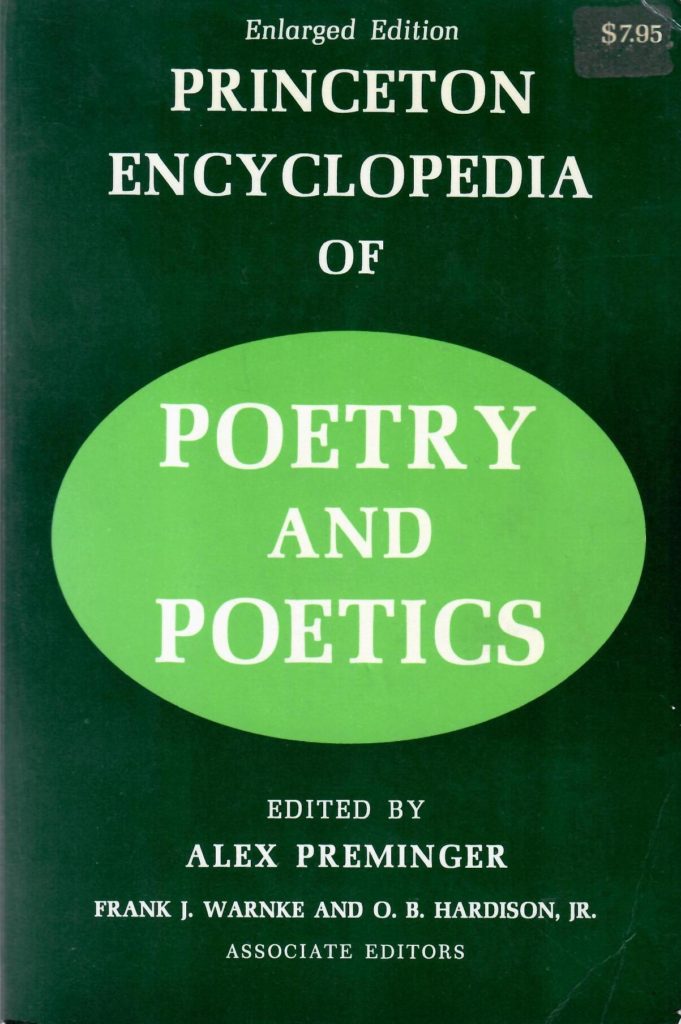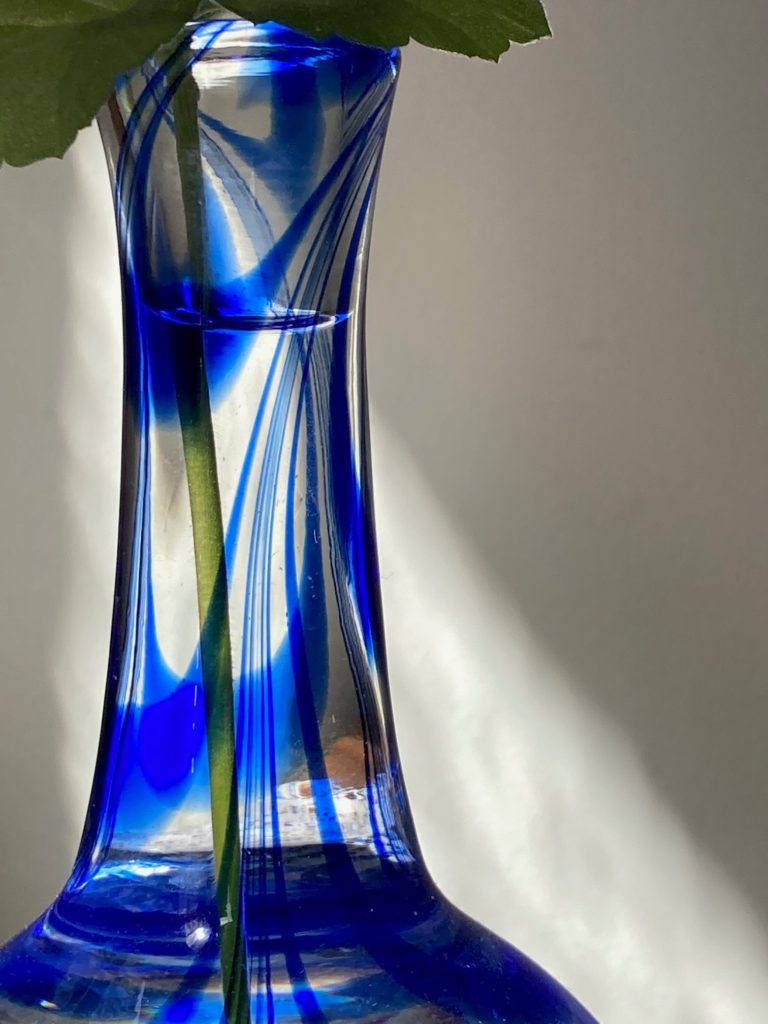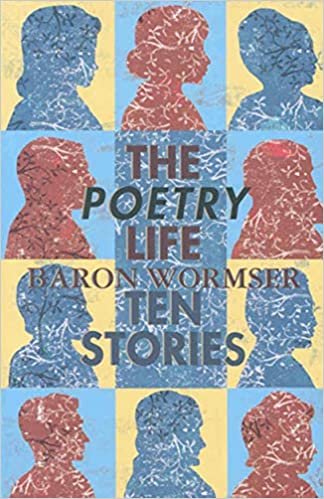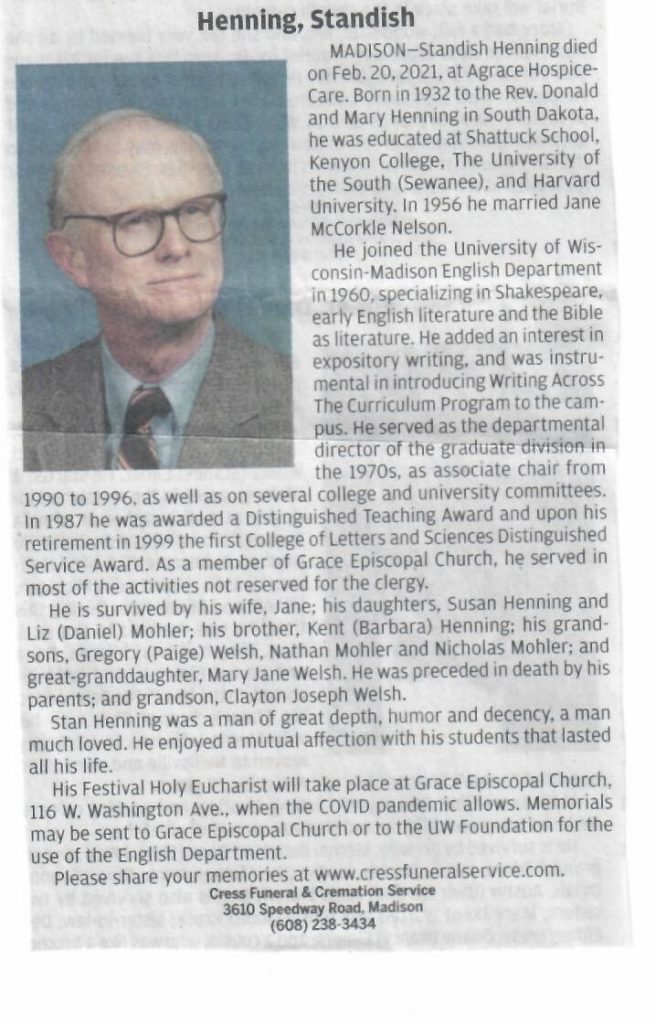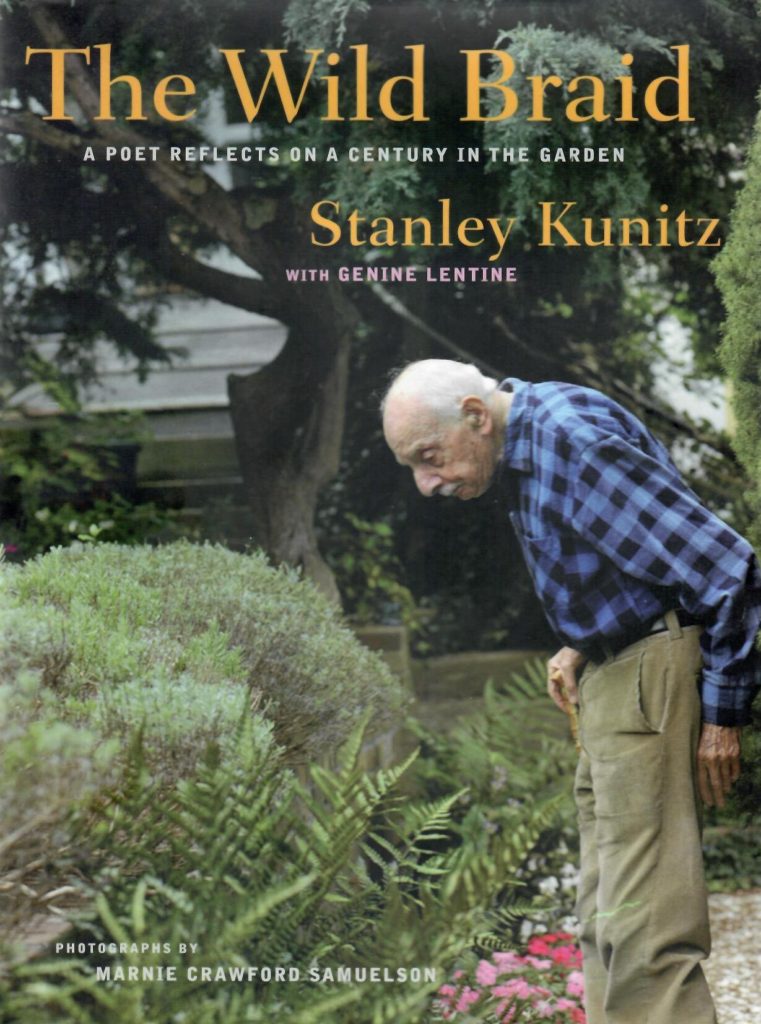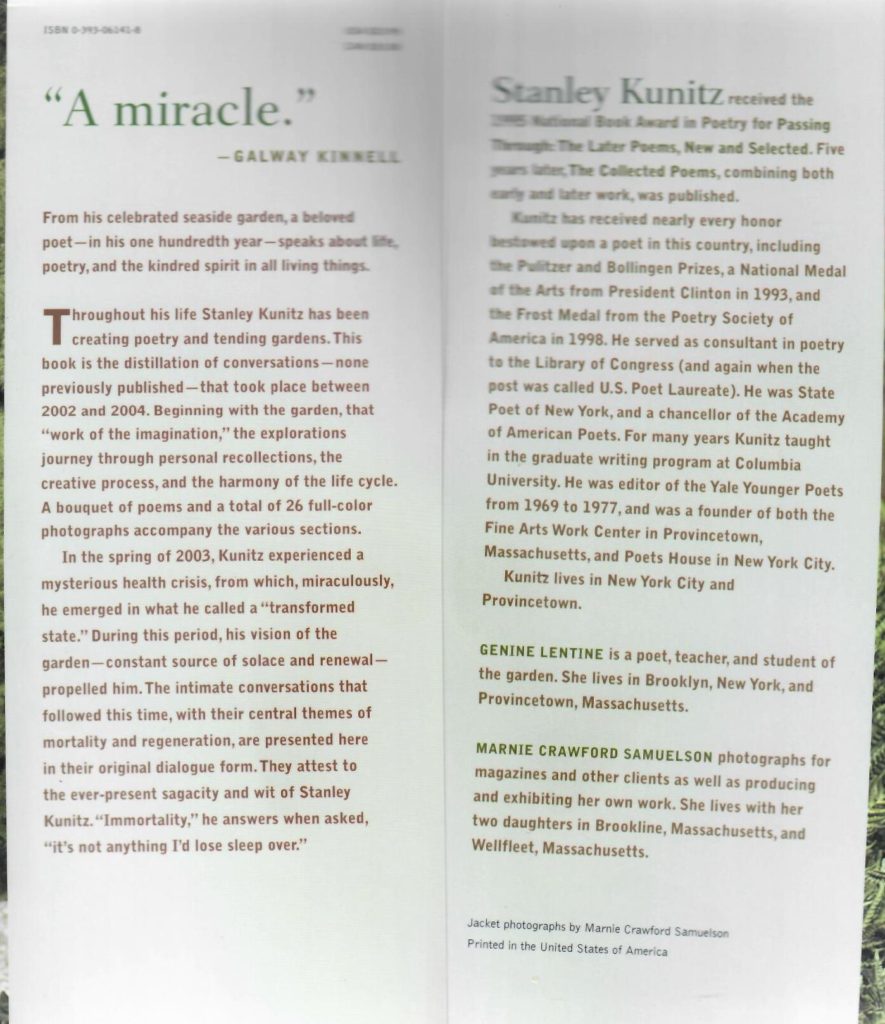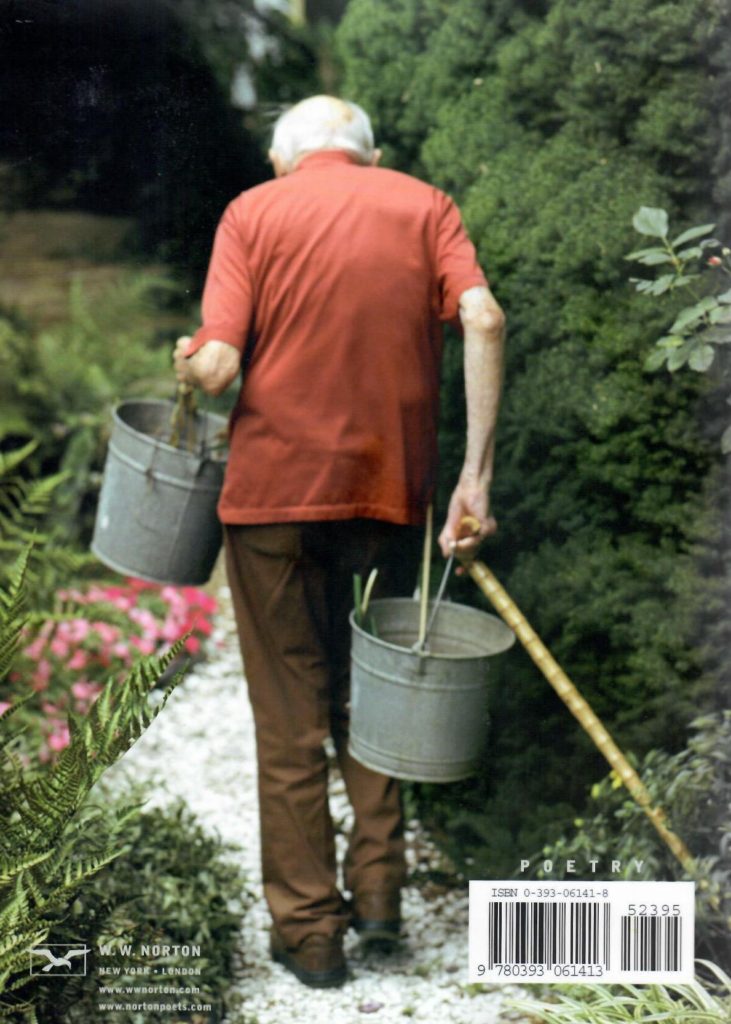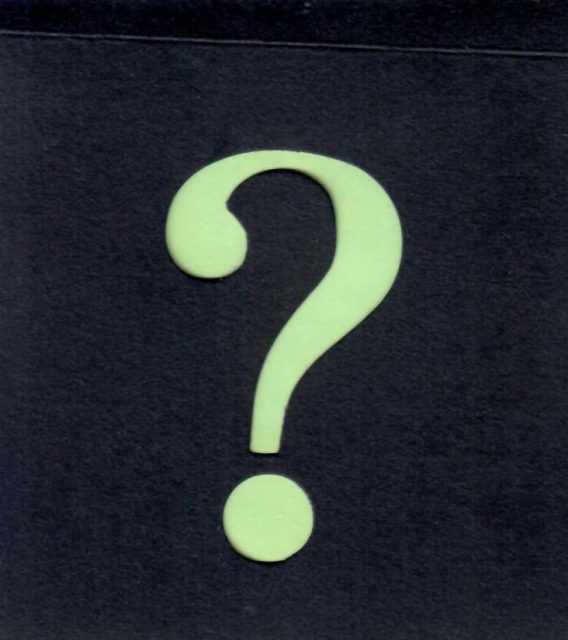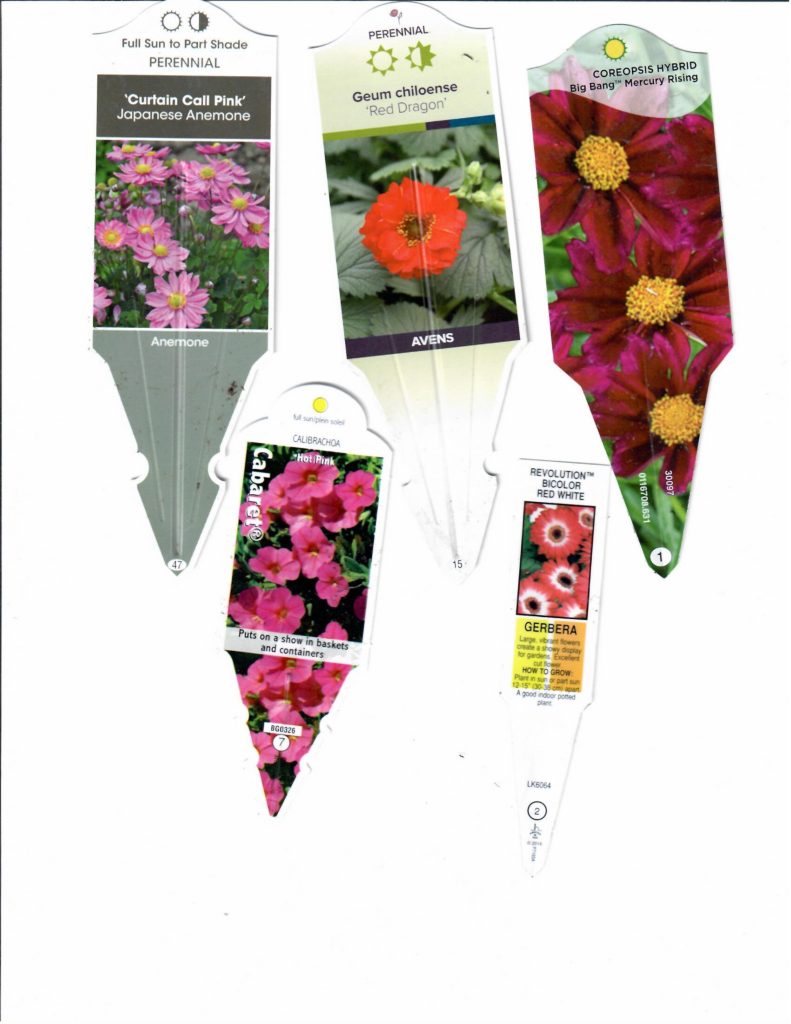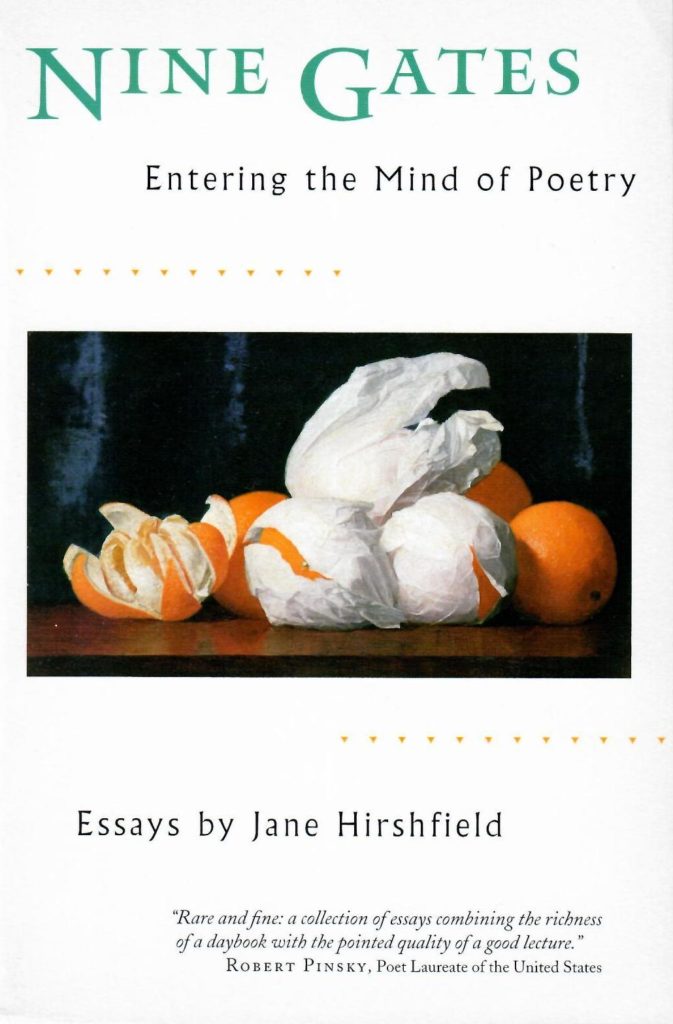
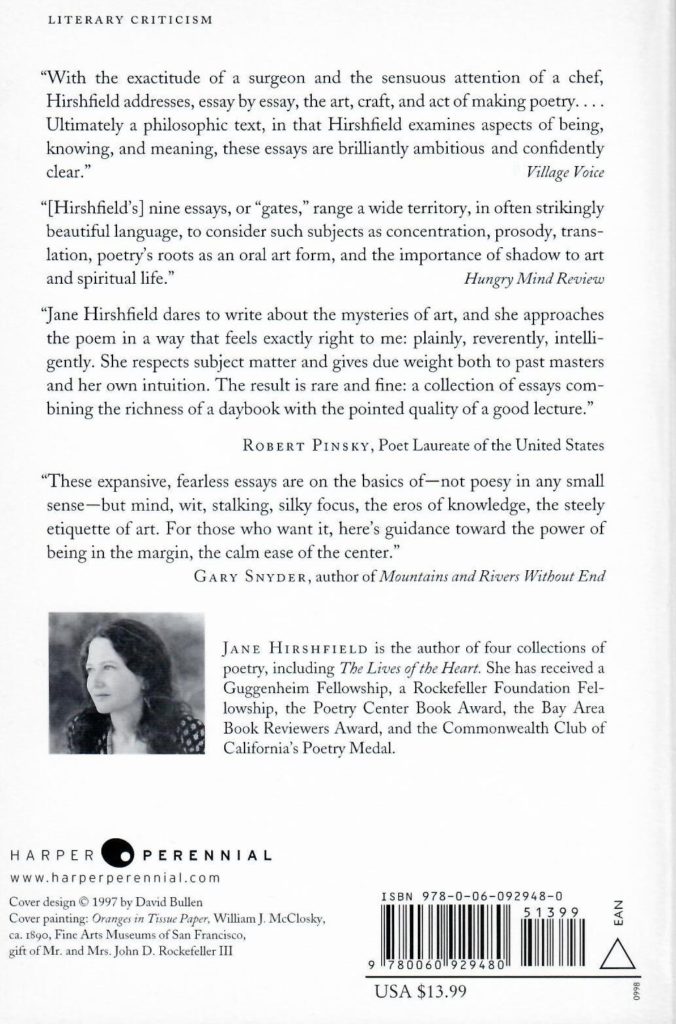
This collection of essays by poet Jane Hirschfield has been in my library for nearly a quarter of a century, and it still pulls me back in every so often to reread and mull over Hirschfield’s quiet but authoritative wisdom. (I also love the cover image, all that bright citrus partially obscured and in different stages of revelation and accessibility.)
Here are the two sentences that open the preface:
Poetry’s work is the clarification and magnification of being. Each time we enter its word-woven and musical invocation, we give ourselves over to a different mode of knowing: to poetry’s knowing, and to the increase of existence it brings, unlike any other.
A longtime practitioner of Zen Buddhism, Hirschfield’s prose and poetry reflects the values of spare elegant surface opening the mind to penetrating depths. Nobel Laureate Czesław Miłosz has written of Hirshfield’s “profound empathy for the suffering of all living beings,” another hallmark of Buddhism’s emphasis on compassion.
Nine Gates is equally appealing whether approached as a reader of poems or as a maker of poems, exploring as it does the enlarging function of poetry for both the reader and the writer. (Her other collection of essays, Ten Windows: How Great Poems Transform the World, is one I still have not read, but I am looking forward to dipping into it. As a well-regarded translator of poems from Japan and India, she is well qualified to ponder this. I am also hoping to explore more of Hirschfield’s body of work in poetry. If you have a favorite among her volumes, please let me know!)
Regarding today’s Poem: “Yellow”
Today’s poem, “Yellow,” cohered around a memory of homeschooling days, when Julia was gaining new confidence as a cook and baker in a circle of friends that extended out from her peers through multiple generations and across state lines–gifts that matter in the moment and linger in the heart and mind. In this case, a yellow gingham apron, practical and beautiful, made especially for her with love, the gift of a grandmother who extended her caring beyond her own grandchildren to their friend, our daughter.
I think the combination of the prompt of the letter “Y” and maybe the cover of Hirschfield’s collection were the catalysts for the poem.
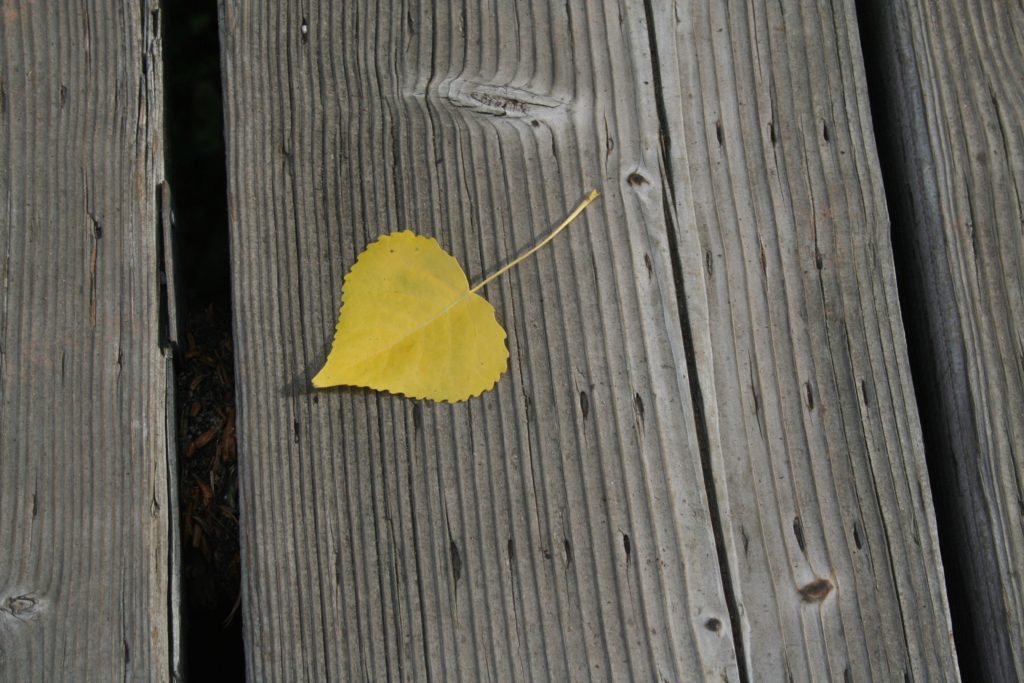
Until tomorrow, maybe you experience increased existence! LESLIE

